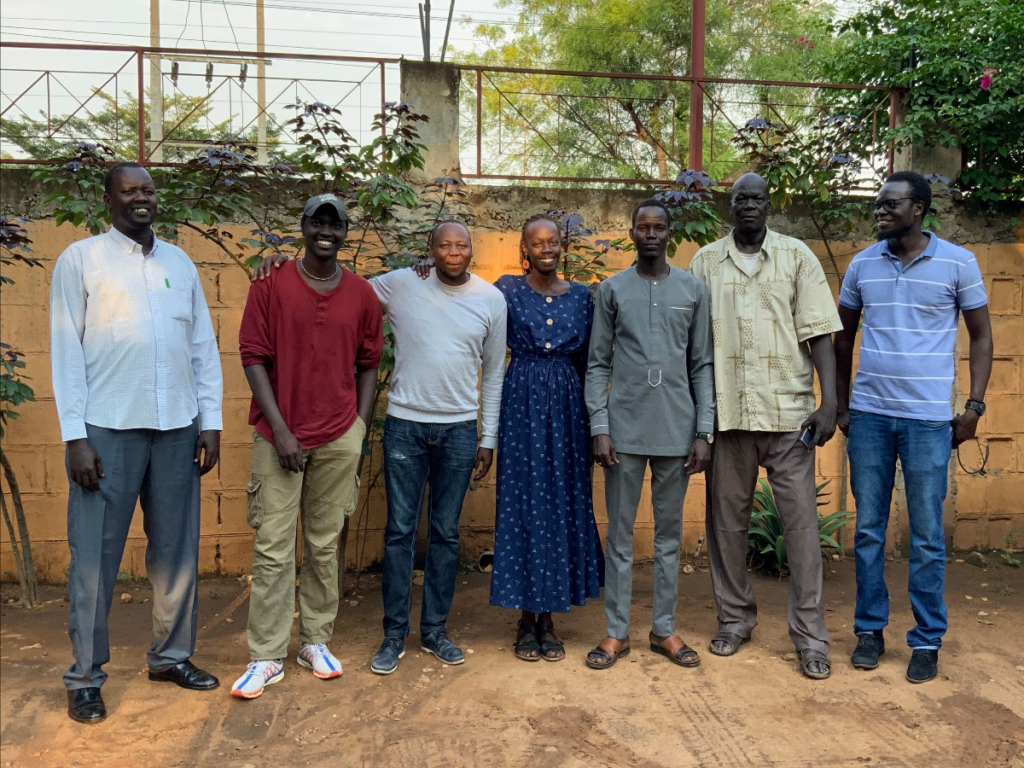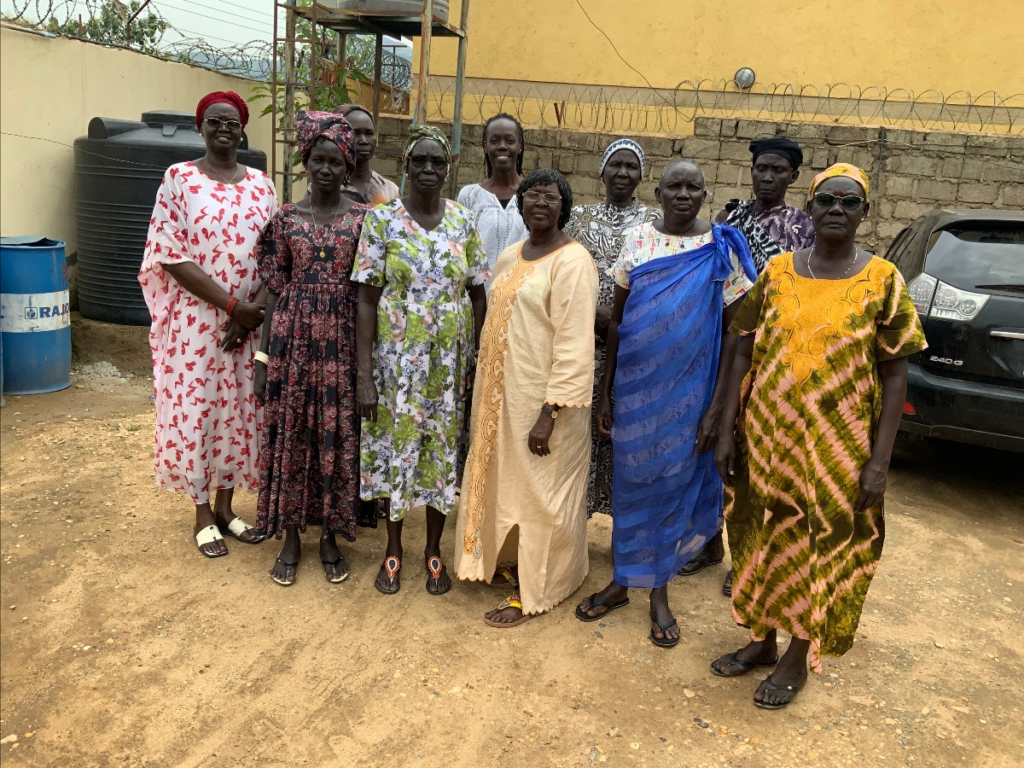Anyieth D’Awol believes in the human ability to heal and overcome.
She sees the evidence each time she returns to South Sudan to bring hope and healing through mind-body medicine.

As a human rights investigator, Anyieth does not shy away from pain and suffering. A native of South Sudan, she co-founded an initiative to document the names of victims of the many conflicts in that country since 1955. She also researches the social drivers of HIV/AIDS, advocates for women’s rights, and works to eradicate gender-based violence around the world.
But the death of her beloved cousin followed shortly by an injury suffered by her young daughter, pushed Anyieth to her breaking point. The compounded grief and anguish caused deep physical pain in her body. Several trusted—and unrelated—people recommended The Center for Mind-Body Medicine (CMBM) as a possible source for healing. So Anyieth registered for the Professional Training Program in Mind-Body Medicine.
She remembers sobbing through the first hour of that first CMBM training:
“These were tears of hope.
I finally understood what was going on inside of me.”
That was 2016.
Today, Anyieth is a CMBM Faculty training in communities around the world. Anyieth leads healing workshops and mind-body medicine groups in her home community in Mozambique and during visits to South Sudan, sharing the very tools that help her heal.

Anyieth used her CMBM training to share practical skills for health and well-being with South Sudanese living outside the country, members of her own family, and soon with a larger group of highly-traumatized women in Juba. In early 2019, at the invitation of leaders of government and non-government organizations, Anyieth and other CMBM faculty held an intensive training in Juba for more than 80 government officials, military leaders, clinicians, doctors, community advocates and leaders from the women’s union. South Sudan’s Minister of Agriculture welcomed participants to that training with the message:
“We cannot have outer peace unless we have inner peace.”
Anyieth believes that the CMBM model provides a way to move through and beyond trauma, an essential process for healing her native country. She’s witnessed hundreds of people in South Sudan using the tools they learned through CMBM to combat despair and find hope. She dreams of the healing community that is possible when more people learn these skills for themselves, their families and their country.
So do we.
Anyieth tells us that people in South Sudan are remembering what they once knew—that connections of community and shared friendship can spark hope. While there is more work to be done, and sometimes the road feels steep, we agree with her that “Mind-body medicine is sustainable humanitarian work.”



